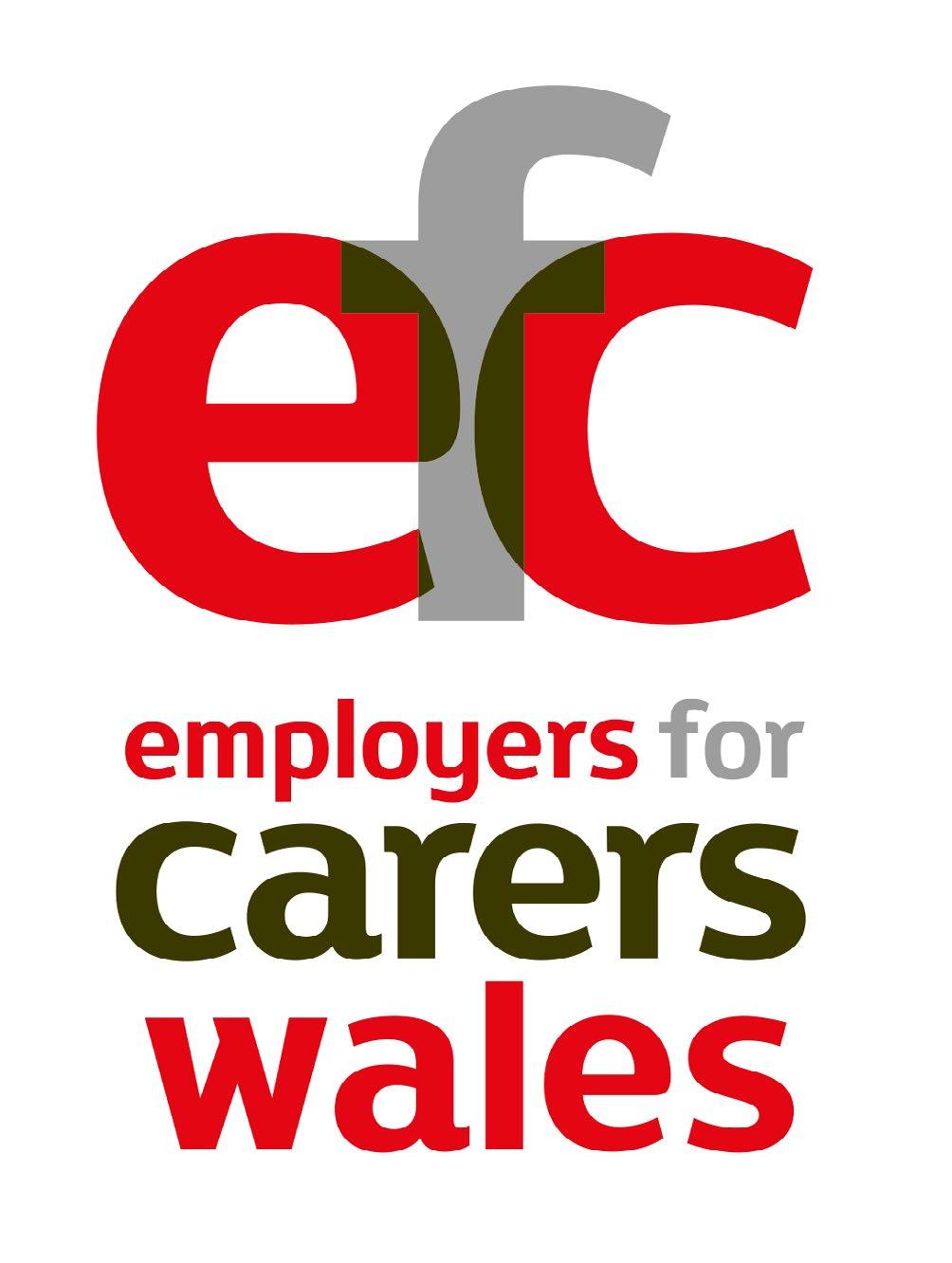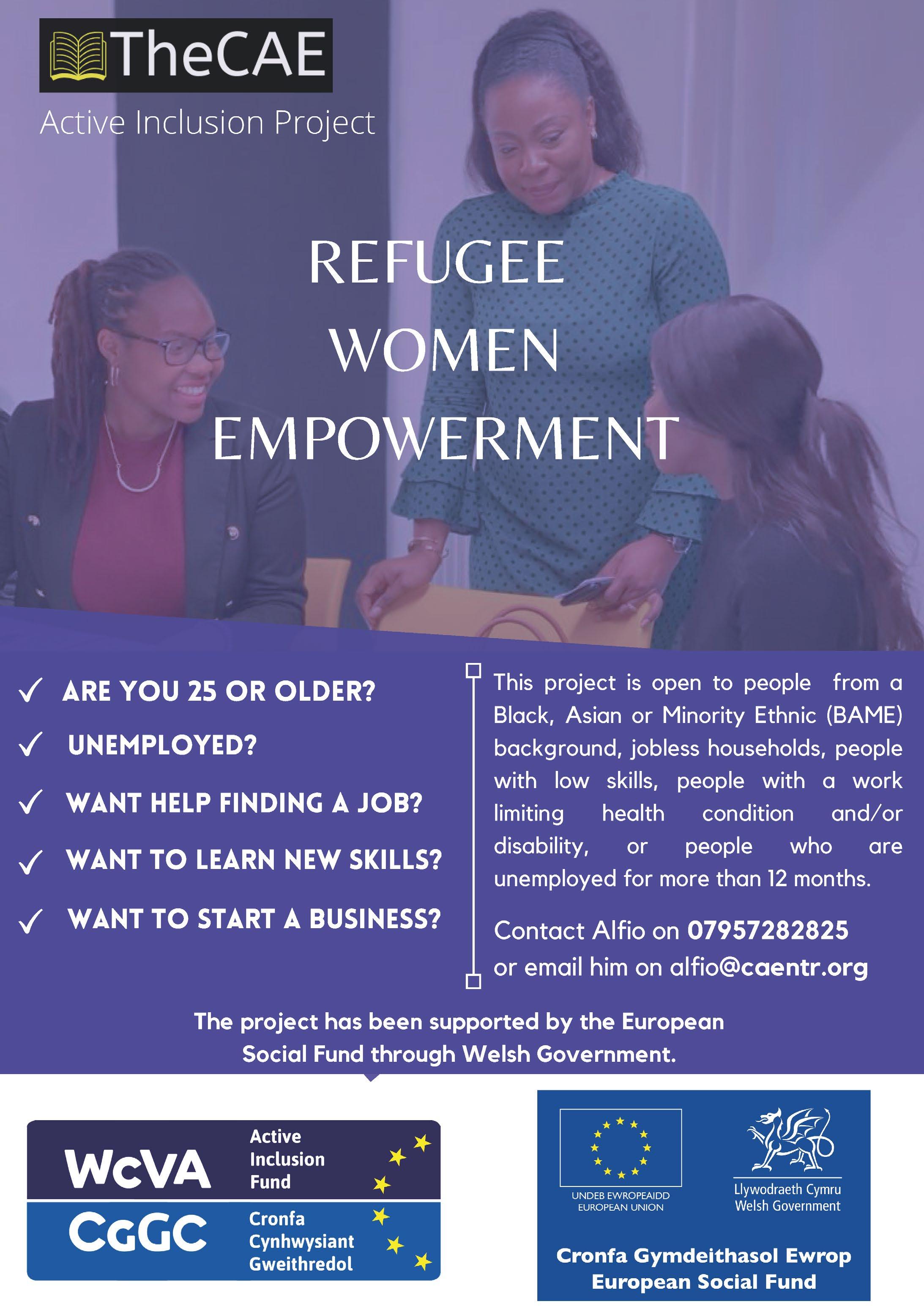
6 minute read
Headlines
Good Work, Good Health – Securing Our Future Conference
On the 7th July, Public Health Network Cymru hosted its first online conference using REMO – an online virtual conferencing platform. The conference was organised by the Wider Determinants of Health Unit in Public Health Wales and aimed to share knowledge and galvanise action to increase access to good work in Wales to improve health and health equity with a focus on young people.
Around 90 people joined the conference from a range of organisations and sectors including the Welsh Government, Local Health Boards, Local Authorities, Public Health Wales, academia and the third sector. The conference was chaired by Professor Ann John, Medical School, Swansea University; Christine Brown, World Health Organization Venice Office and Ethan Thomas, a Kickstart scheme participant working for Cardiff and Vale University Local Health Board. In the morning plenary, Dr Frank Atherton, the Chief Medical Officer for Wales and Vaughan Gethan first minister for the Economy highlighted the challenges of the pandemic and programmes, including the Welsh Government’s Youth Person’s Guarantee which are supporting people into education, training and work. Stephen Bevan, Head of HR Research Development, Institute of Employment Studies gave an overview of why good work is good for health and speakers from Public Health Wales highlighted the work they had undertaken on COVID-19 and employment changes in Wales including the impact on young people and what could be done; the COVID-19 Employment and Health in Wales Study and employer perspectives on good work. In the afternoon, participants joined parallel workshops on the Youth Person’s Guarantee programme, what employers can do to support good work and good work for good health - building on success at a regional and local level. The feedback from the workshops is being used by Public Health Wales and colleagues in Welsh Government to inform collaborative work with regional and local partners on what can be done to improve access to good work. To view the presentations please click here.
Carers and employment is a core stream of Carers UK’s work and has been for decades dating back to the early 1990s. Our primary objective has been to ensure that carers are able to maintain employment for as long as possible, whilst also working with employers to look at the business benefits of supporting carers and seeking out good practice where we find it. We continue to work with our colleagues across the globe to understand better their policies for working carers and we use this evidence in our research and lobbying work with governments, policy makers and service providers.
Against a backdrop where demographic and other factors are contributing to an increasing proportion of the workforce taking on caring responsibilities, our research has shown that, if unsupported, caring for as little as 5 hours a week can impact on a carer’s ability to work, with those caring for 10 hours experiencing a significant effect. A 2019 Carers UK survey found, even among carers continuing to work the same hours, 1 in 6 said their job had been negatively affected by caring, including through increased stress and tiredness. The consequences of not addressing support for carers at work negatively impacts both the employee and the employer.
We have been proactive in our work to address this and since 2009 we have run Employers for Carers (Efc). The scheme supports employers who have made a commitment to supporting carers in their workforce. Members include local authorities, corporates, universities and Governments.
EfC’s mission is to show the benefits of retaining carers in the workforce by adopting practices in order to better support carers. In 2018 we launched the Wales Hub of Employers for Carers. We provide employers with the bilingual tools they need to enable employees to manage their work and caring commitments. This includes:
• Raising awareness of caring and caring issues in the workplace • Reviewing and ‘carer proofing’ current policies and practice • Identifying and engaging with carers in the workplace • Developing, supporting and managing staff carer networks • Training and supporting line managers to implement carer friendly policies
To find out more about the scheme please see the Employers for Carers Wales EFC (employersforcarers.org).
Citizens Advice Bridgend Volunteering as a Pathway into Work Case Study
At Citizens Advice Bridgend the volunteers come from a range of backgrounds and join for different reasons. Retired volunteers believe it keeps them mentally active and nine in ten unemployed volunteers say it helps them move into employment or education. The roles offered are varied and include advising clients, administration and contributing to research and campaign work. The experience is challenging and rewarding and the volunteers really enjoy being able to make a valuable contribution and a positive impact on people’s lives. Here is a case study of someone who volunteered with Citizens Advice Bridgend:
“My name is Josie and I am a married mother of one from a deprived ex mining village, deep in the south Wales Valleys. My pregnancy was a wonderful surprise but things became difficult very early on. My son was born prematurely with a rare heart condition, and required a lot of medical assistance. The idea of what my life as a mother was going to be changed quickly due to the extra caring responsibilities I now had to undertake. I worked in hospitality where the long, unsocial hours were not suited to raising a child with additional needs, so I had to leave paid employment. Thankfully, my husband is in full time employment but I had to look at additional benefit income to support our family which was incredibly difficult, as I had never experienced this before. Due to the variety of pressures we were now facing, I have subsequently been diagnosed with Post Traumatic Stress Disorder.
I was introduced to Citizens Advice by a family member, and as I had volunteered in the past for other organisations, I applied and gained a volunteer position at my local office. I was nervous to say the least. I had very little professional experience with the type of work this could include, but I put myself out there and haven’t looked back since. I found value again. The training was interactive and I could do a lot of this at home and the comradery in the office was amazing. The feeling of being able to support other people was contagious and I felt pride in myself for being able to support others in their time of need.
Covid 19 prevented me from continuing with my client facing journey, but I still read and trained in my own time and didn’t lose the passion for the work, so much so, I enrolled on a Health and Social Care degree with the Open University. I would never have considered doing this line of work before volunteering with Citizens Advice and I am doing really well in my studies.
My son still has significant health problems but, as a family, volunteering has given us a different perspective. During lockdown, I used my new found passion to support a new charity working with families to provide a platform for baby clothes recycling and I am currently a Trustee. I would never have had the skill set to support this before Citizens Advice!
So, what's next? I applied for a paid position and was successful, and I cannot wait to start. This will mean changes in my family as my husband will be taking the role of primary carer for our son but we are excited for this new change in dynamics.
My journey so far has been difficult and has taken several years to get to this point but thanks to the Citizens Advice and the new opportunities that it has given me, the future looks bright.”
For further information contact Kate Henson at Citizens Advice Bridgend 01656 762 800






